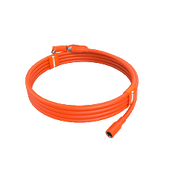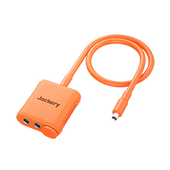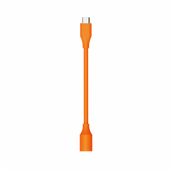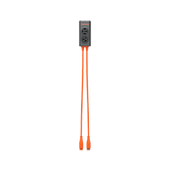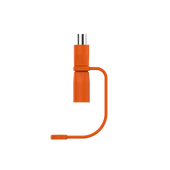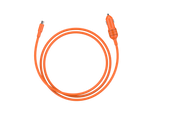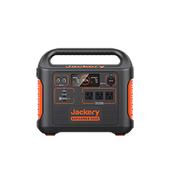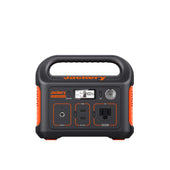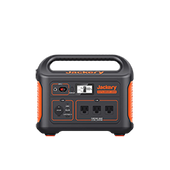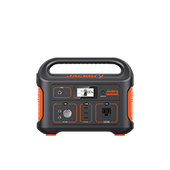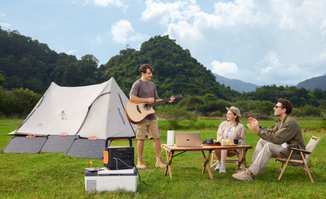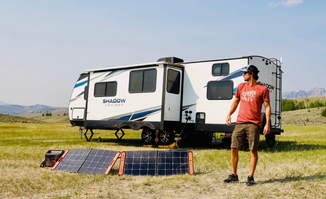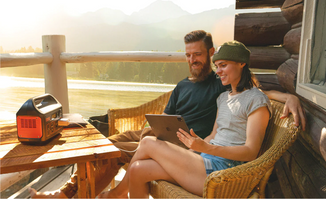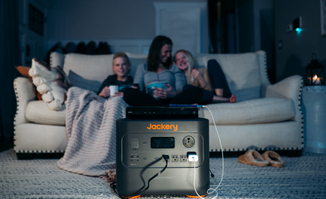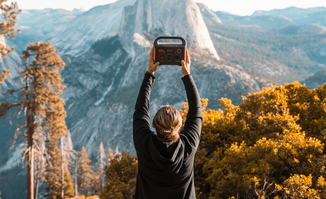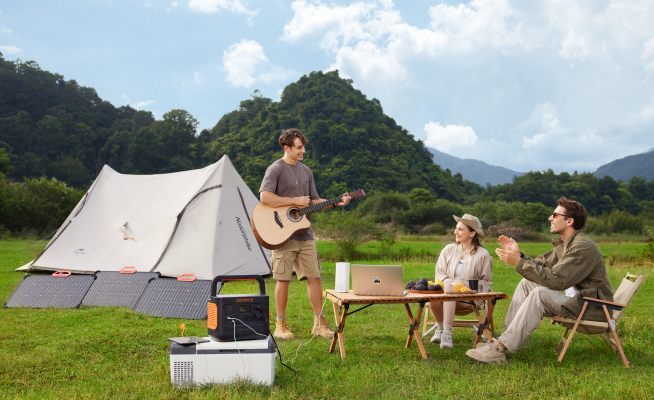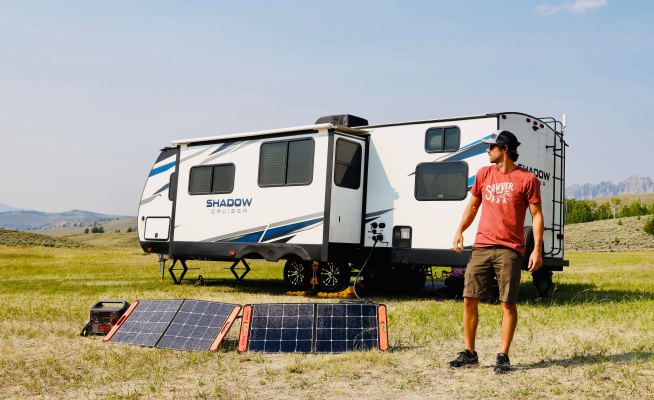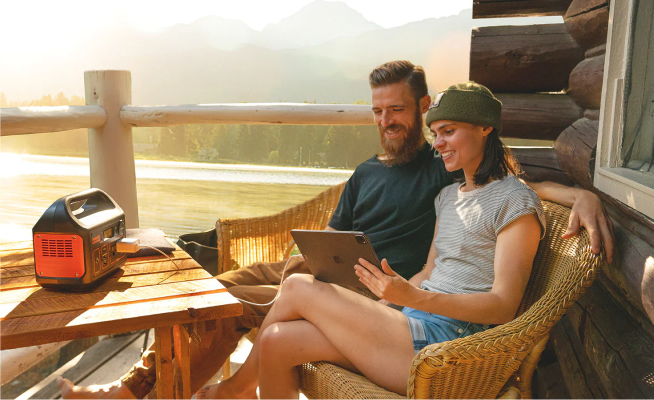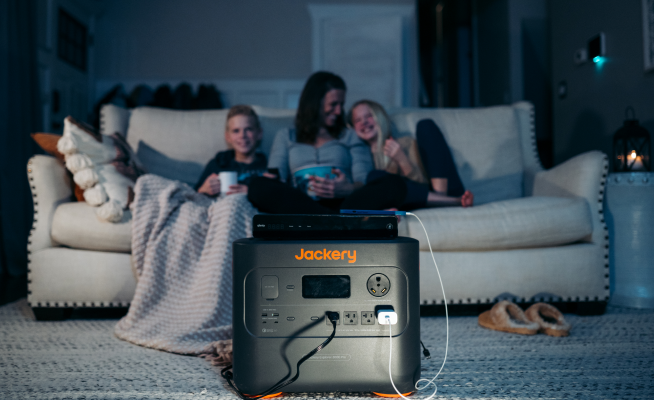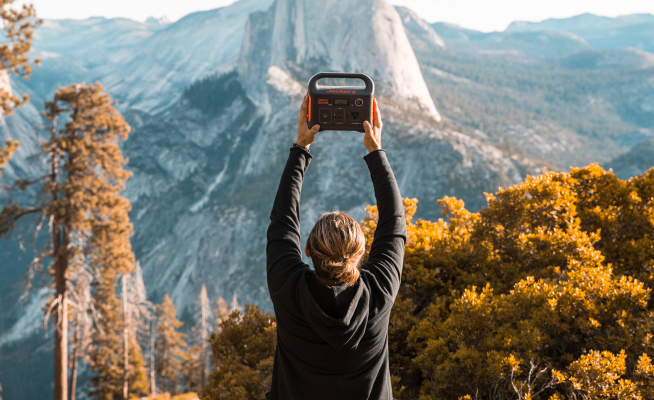RV Solar Panels: A Guide For Beginners
If you are considering adding solar panels to your RV, there are a few things you should know first. Solar panels can be a great way to power your RV and save money on camping trips, but they require some initial investment and maintenance.
The use of solar panels has increasingly become popular in recent years as it is a great way to go “green” and save money on your energy bill. Solar panels work by converting sunlight into electrical energy that can be used to power your RV. Many people are excited about the idea of powering their RV with solar panels since it means they can camp in more remote areas without having to worry about finding a power source.
Installing solar panels on your RV is not a difficult task, but there are a few things you need to know before you get started. This guide will teach you everything you need to know about RV solar panels, from how they work to the different types available on the market.
What are RV Solar Panels?

Solar panels for RVs are simply photovoltaic cells that convert sunlight into electrical energy. These cells are usually made from silicon, and they work by absorbing sunlight and then releasing electrons. The released electrons are then captured in a metal conductor, which creates an electrical current. This current can then be used to power RV appliances and accessories.
There are two main types of RV solar panels: monocrystalline and polycrystalline. The difference between mono-crystalline and poly-crystalline panels is mainly reflected in the crystallinity of the silicon in each unit cell. Monocrystalline cells are more efficient at converting sunlight into electrical energy, but they are also more expensive. Polycrystalline cells are less expensive but not as efficient.
Having RV solar panels are also cost-efficient compared to using portable generators. Solar panels can also help extend your RV's battery life up to 50%, which is excellent for reducing future RV-related expenses. RV solar panels are also less noisy than generators and are environmentally friendly because of their fewer emissions.
It's important to note that installing RV solar panels is a big project. If you're not comfortable working with electrical wiring, then it's best to hire a professional to do the job for you. However, if you're handy and have some basic electrical knowledge, then you should be able to install RV solar panels yourself.
How Do Solar Panels Work?
Solar panels work by simply absorbing the energy of the sun. This energy is then converted into electricity by the photovoltaic effect. For this process to happen, solar panels need to be placed in an area where they will receive direct sunlight.
The sun's energy is captured by the solar panel's photovoltaic cells. These cells are usually made from silicon. When the sun's energy hits the silicon, it causes the release of electrons. The released electrons are then captured by a metal conductor, which creates an electrical current. This current can then be used to power RV appliances and accessories.
It's important to note that solar panels only work when placed in an area where they will receive direct sunlight. If the solar panels are placed in an area where they're shaded by trees or buildings, then they will not work as effectively. During cloudy days, the solar panels will still produce some electricity, but the output will be lower than on sunny days.
What Size Solar Panel for RV?
The size of the solar panel you'll need for your RV will depend on a few factors, such as the size of your RV, the number of appliances you plan on power, and how much sunlight your location receives.
For example, if you have a small RV and you only want to power a few small appliances, then you'll only need a small solar panel. However, if you have a large RV and you want to power multiple large appliances, then you'll need a larger solar panel.
It's also important to note that the amount of sunlight your location receives will affect the size of the solar panel you'll need. If you live in an area that receives a lot of sunlight, you'll need a larger solar panel to produce enough electricity to power your RV. However, if you live in an area that doesn't receive much sunlight, you can get away with a smaller solar panel.
How Much Solar Energy Does an RV Need?
The amount of solar energy an RV would need typically depends on how much you use it and where you usually travel. The common size for RVs is 100-watt panels, which generally generate eight amps an hour. Having at least 3 of these 100-watt panels can generate 25 amps per hour for your RV, which is usually enough for the general uses and functions that would require solar energy within your RV. However, it is essential to note that the amount of solar energy your RV would need would depend on how much you use it.
If you use more appliances that require electricity, then you might need more solar panels to generate enough power.
Jackery RV Solar System

The Jackery RV Solar System is an excellent example of a solar panel system that can be used for RVs. This solar power system is perfect for RVs because it can generate enough power to run multiple appliances simultaneously. It also comes with a controller that helps to regulate the flow of electricity, so you don't have to worry about overloading your RV's electrical system.
The Jackery RV Solar System is a great option for RVs because it's very easy to set up and use. It's also very affordable, making it a great option for those on a budget.
Jackery Solar Generator 1000 Pro
The Solar Generator 1000 Pro is the newest solar generator from Jackery. It's a great option for those who need a lot of power, as it can generate up to 1000 watts. This solar system is well designed to make it easily transportable and storable and has a long lifespan of 1000 charge cycles. That's enough to run multiple appliances simultaneously, making it a great option for RVs.
The Solar Generator 1000 Pro is very easy to set up and use. It has multiple ports that can give steady power to various essential devices such as phones, laptops, iPads, and more. It has a built-in display that shows you how much power is being generated and how much power is being used. It also has a built-in inverter, so you don't have to worry about connecting it to an external power source.
Jackery Explorer 1000 Pro Portable Power Station
The Jackery Explorer 1000 Pro Portable Power Station has an AC input of up to 800W paired with four 200W solar panels, which only take 1.8 hours to fully charge. The design of this portable power station is lighter and smaller than other designs and is an all-around joy for traveling. It can support up to 8 devices simultaneously while running at 1002Wh capacity.
The Jackery Explorer 1000 Pro is one of the most versatile power stations on the market and perfect for RVs.
Jackery SolarSaga 80W Solar Panel
The Jackery SolarSaga 80W Solar Panel is one of the most popular solar panels on the market. It's very efficient and can generate up to 80 watts of power. It's also very lightweight and portable, making it perfect for RVs.
The SolarSaga 80W Solar Panel is very easy to set up and use. It has a built-in charge controller, so you don't have to worry about overcharging your batteries. It also has a USB port, so you can easily charge your devices.
Conclusion
There are a lot of different solar panels on the market, and it can be difficult to choose the right one for your RV. However, if you consider how much power you need and how often you use your RV, you should be able to find the perfect solar panel system for your needs.
Be the first to know about new product releases and special events, and receive exclusive deals & offers! Subscribe to Jackery Newsletter and get the latest news about us.
Disclaimer:
The runtime mentioned for appliances powered by Jackery is for reference only. Actual runtime may vary under different conditions. Please refer to real-world performance for accurate results.







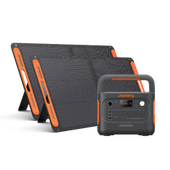



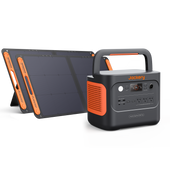

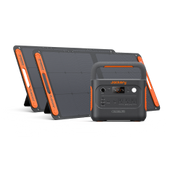
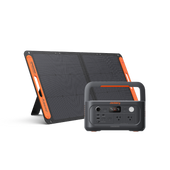
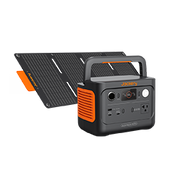

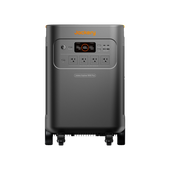

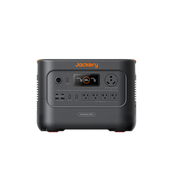
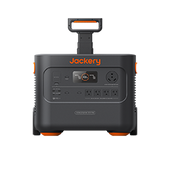
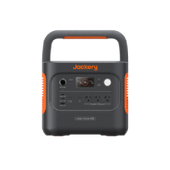
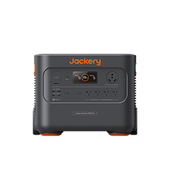

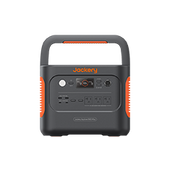
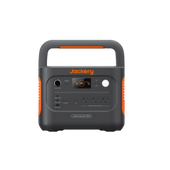
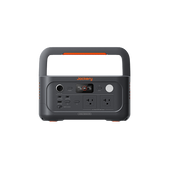

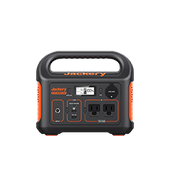
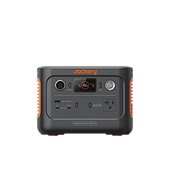

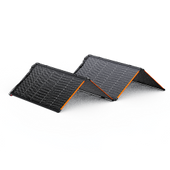
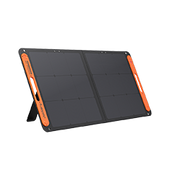

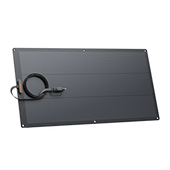
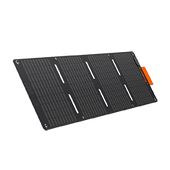
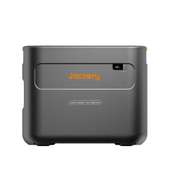
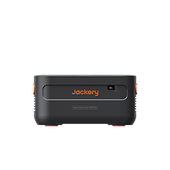
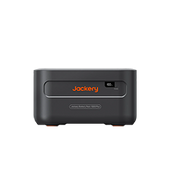
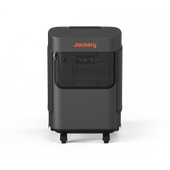
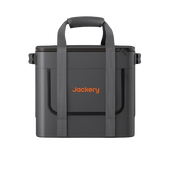
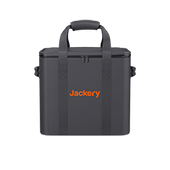
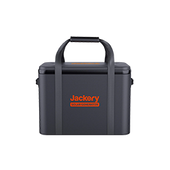
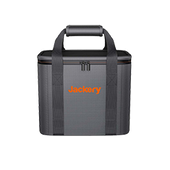
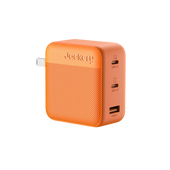
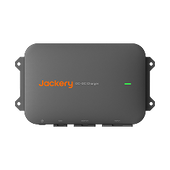
![[Add-on] Jackery Manual Transfer Switch for Explorer 5000 Plus](http://ca.jackery.com/cdn/shop/files/add-on-jackery-manual-transfer-switch-for-5000-plus-240V.webp?v=1757043692&width=170)
